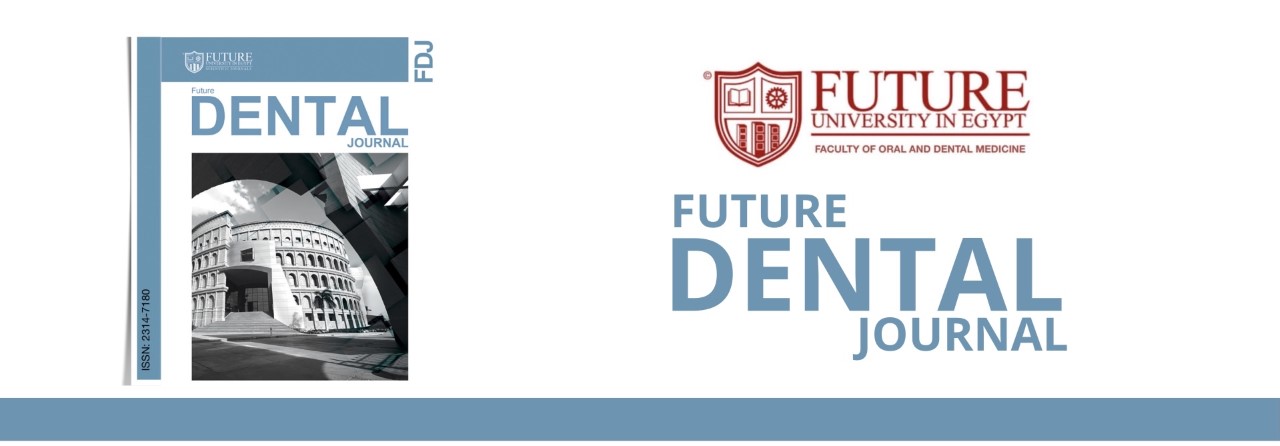
Abstract
Background: Skeletal anchorage devices have been developed for case requiring absolute anchorage during orthodontic treatment. One of these anchorage devices is the Infra-zygomatic mini-implant type. However, the pain associated with this type of appliance have not been sufficiently evaluated from the patient’s point of view. Aim: The aim of this study was to survey patients for one week after insertion of the infra-zygomatic mini-implants and 1 week following every reactivation in order to evaluate their pain and discomfort as well as the percentage of mini-screw failure. Materials and methods: 10 patients requiring infra-zygomatic mini-implants were selected. All participants completed questionnaires for 7 days after insertion and after every reactivation. The patients responded to questions by placing a mark along a 10-cm-long visual analog scale (VAS). Results: The mean of the pain score of all activations showed a normal decreasing pattern with the pain being at its highest at the day of the activation and decreasing gradually by the end of the week. As for mini-implant failure, the overall failure rate of mini-implants was 30% throughout the trial period. With an immediate failure rate of 15% following mini-implant insertion. Conclusions: Putting into perspective patient comfort and success rate of the mini-implants these results suggest that infra-zygomatic mini-implants with an 85% immediate success rate are effective as skeletal anchorage devices and are a valid option in cases requiring distalization in the maxillary arch.
Recommended Citation
Zaza HA, El Mangoury N, El Dakrory A, El Dawlatly M. Questionnaire Survey on Pain & Mini-implant Failure in Class II Female Patients after Extraction of Maxillary Second Molars Using Infra Zygomatic Mini Implants. Future Dental Journal. 2023; 9(1):33-37. doi: https://doi.org/10.54623/fdj.9016.
DOI
https://doi.org/10.54623/fdj.9016
Plagerism report
Revision response.docx (12 kB)
reviewer #1 Response

